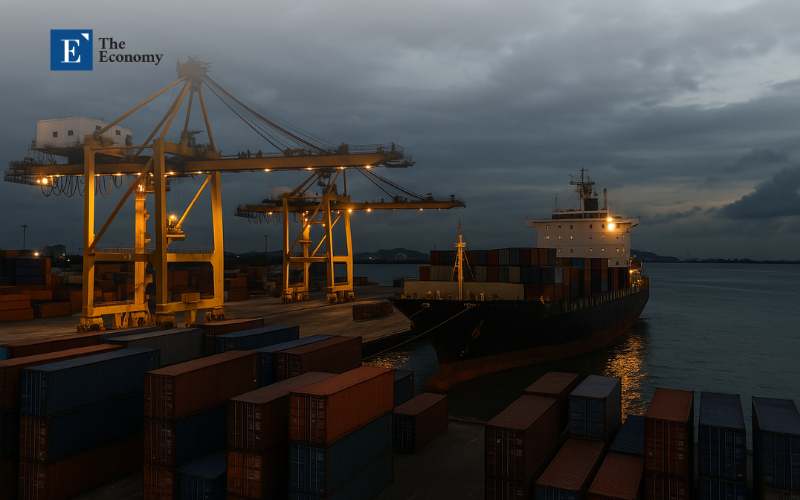
This article was independently developed by The Economy editorial team and draws on original analysis published by East Asia Forum. The content has been substantially rewritten, expanded, and reframed for broader context and relevance. All views expressed are solely those of the author and do not represent the official position of East Asia Forum or its contributors.
Read More
This article is based on ideas originally published by VoxEU – Centre for Economic Policy Research (CEPR) and has been independently rewritten and extended by The Economy editorial team. While inspired by the original analysis, the content presented here reflects a broader interpretation and additional commentary. The views expressed do not necessarily represent those of VoxEU or CEPR.
Read More
This article was independently developed by The Economy editorial team and draws on original analysis published by East Asia Forum. The content has been substantially rewritten, expanded, and reframed for broader context and relevance. All views expressed are solely those of the author and do not represent the official position of East Asia Forum or its contributors.
Read More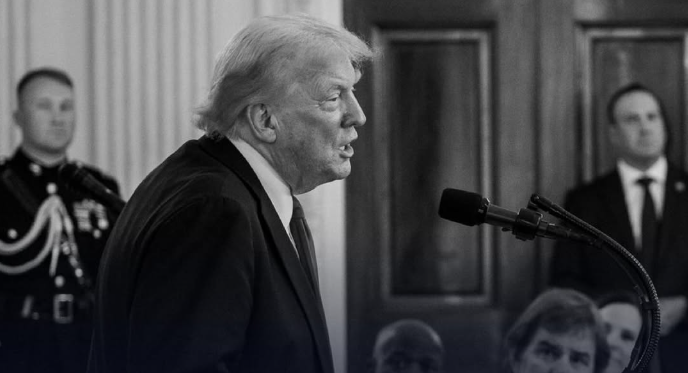
同盟国に防衛費引き上げを要求しつつ、関税措置で足並みが乱れる 半導体法に基づく補助金撤廃は中国にのみ有利 同盟国への圧力が中国との経済的結びつきを強化 ドナルド・トランプ米国大統領/写真=ホワイトハウス 「アメリカ・ファースト」を掲げるドナルド・トランプ前大統領の外交政策が、中国の外交的影響力拡大の好機
Read More
This article was independently developed by The Economy editorial team and draws on original analysis published by East Asia Forum. The content has been substantially rewritten, expanded, and reframed for broader context and relevance. All views expressed are solely those of the author and do not represent the official position of East Asia Forum or its contributors.
Read More
This article is based on ideas originally published by VoxEU – Centre for Economic Policy Research (CEPR) and has been independently rewritten and extended by The Economy editorial team. While inspired by the original analysis, the content presented here reflects a broader interpretation and additional commentary. The views expressed do not necessarily represent those of VoxEU or CEPR.
Read More
This article was independently developed by The Economy editorial team and draws on original analysis published by East Asia Forum. The content has been substantially rewritten, expanded, and reframed for broader context and relevance. All views expressed are solely those of the author and do not represent the official position of East Asia Forum or its contributors.
Read More
This article was independently developed by The Economy editorial team and draws on original analysis published by East Asia Forum. The content has been substantially rewritten, expanded, and reframed for broader context and relevance. All views expressed are solely those of the author and do not represent the official position of East Asia Forum or its contributors.
Read More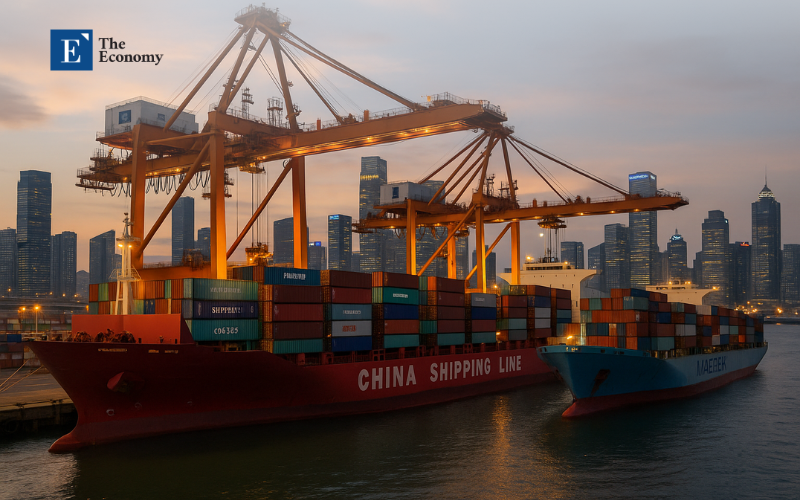
This article was independently developed by The Economy editorial team and draws on original analysis published by East Asia Forum. The content has been substantially rewritten, expanded, and reframed for broader context and relevance. All views expressed are solely those of the author and do not represent the official position of East Asia Forum or its contributors.
Read More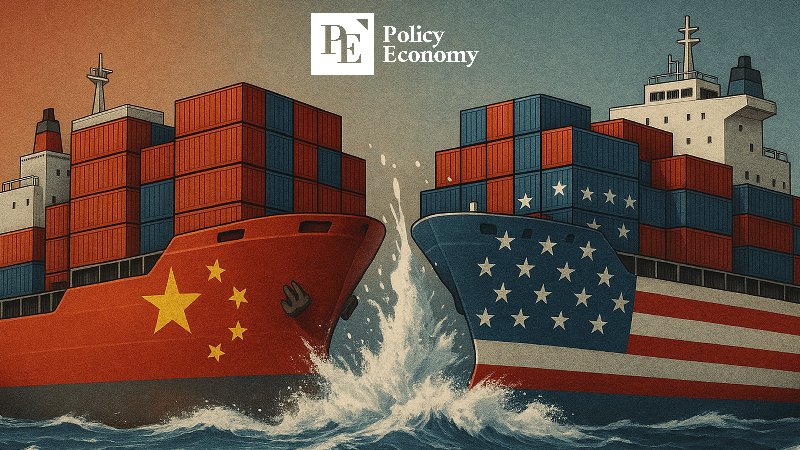
米国、タイ・メキシコからアンチモンを過去3年分以上輸入 中国の輸出量はむしろ急増、「積替え」は明白 レアアースを強力な外交カードとして活用、自国企業は二重苦に 先端産業に不可欠な鉱物の世界供給を主導する中国が輸出禁止カードを切ったにもかかわらず、米国がタイやメキシコなど第三国を通じてこれを迂回輸入している実態が浮き彫りになった。米中間の技術覇権競争が一層激化する中で、中国による主要鉱物の輸出統制措置が事実上骨抜きになっているとの分析が出ている。
Read More
This article was independently developed by The Economy editorial team and draws on original analysis published by East Asia Forum. The content has been substantially rewritten, expanded, and reframed for broader context and relevance. All views expressed are solely those of the author and do not represent the official position of East Asia Forum or its contributors.
Read More
This article is based on ideas originally published by VoxEU – Centre for Economic Policy Research (CEPR) and has been independently rewritten and extended by The Economy editorial team. While inspired by the original analysis, the content presented here reflects a broader interpretation and additional commentary. The views expressed do not necessarily represent those of VoxEU or CEPR.
Read More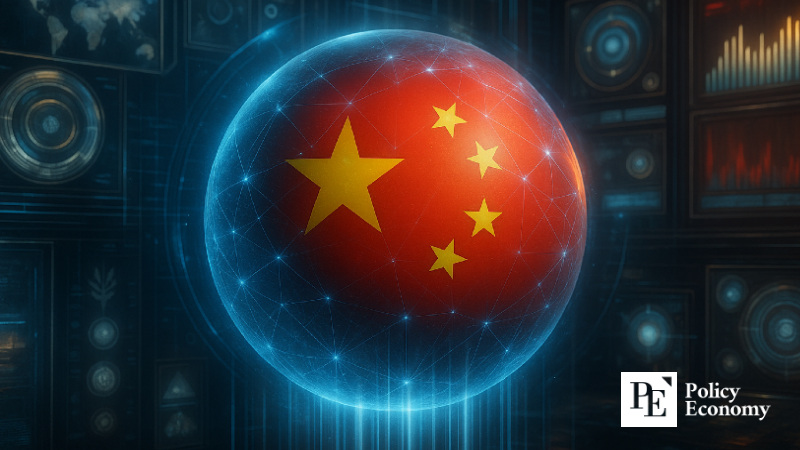
米中対立で中国、内陸経済圏を打ち出す 貴州省に航空・デジタル経済を集中投資 経済安全保障強化のための新成長エンジン構築 中国が米国との貿易戦争に備え、内陸の山岳地域である貴州省を「戦略的後方基地」として育成している。かつて最も貧しい地域の一つだった貴州省が、中国経済転換の最前線として浮上している様相だ。中国政府は貴州省をはじめとする中西部内陸省を経済的に連携させて内需市場を拡大し、外部ショックに強い産業構造を構築することを目指している。
Read More
This article was independently developed by The Economy editorial team and draws on original analysis published by East Asia Forum. The content has been substantially rewritten, expanded, and reframed for broader context and relevance. All views expressed are solely those of the author and do not represent the official position of East Asia Forum or its contributors.
Read More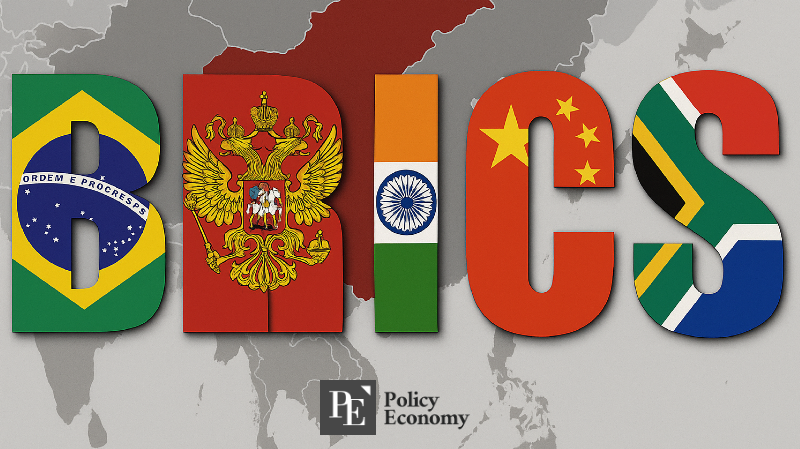
6~7日、ブラジルでBRICS首脳会議開催 米国の関税・イラン核攻撃を批判され トランプ「例外なく関税を課す」と威嚇 ドナルド・トランプ米国大統領は、非西側の新興経済国連合体であるBRICS(ブリックス)加盟国の反米的な傾向に同調するすべての国に対して、10%の追加関税を課すと明言した。米国が複数の貿易相手国と関税交渉を継続し、世界貿易に不確実性を一層加える中、ブラジルで前日に開幕したBRICS首脳会議を狙った発言とみられる。
Read More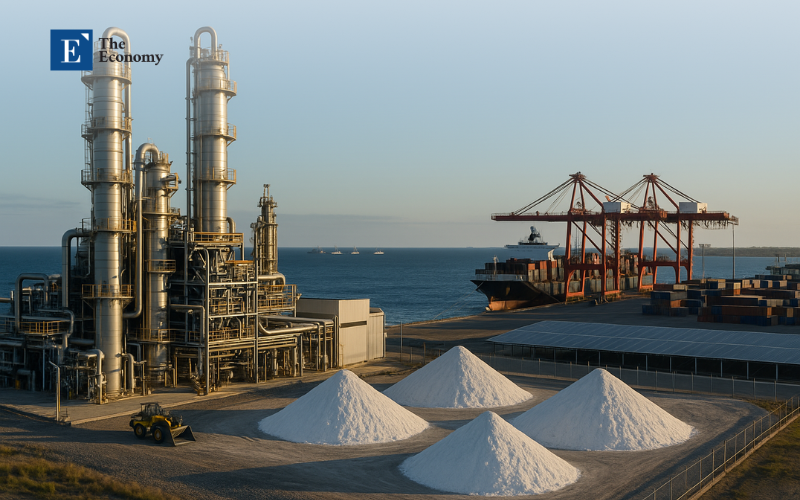
This article was independently developed by The Economy editorial team and draws on original analysis published by East Asia Forum. The content has been substantially rewritten, expanded, and reframed for broader context and relevance. All views expressed are solely those of the author and do not represent the official position of East Asia Forum or its contributors.
Read More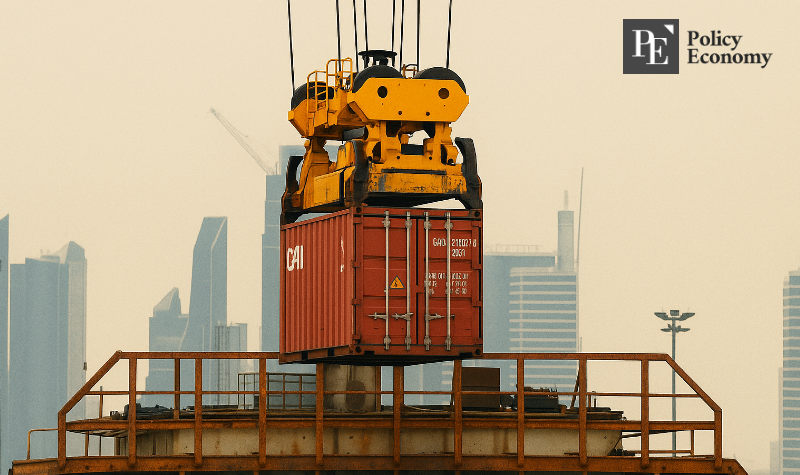
5月の対米直接輸出は43%急減、全体輸出は4.8%増加 ベトナム・ASEAN・インド経由の再輸出が増加した影響 米国、ベトナムとの貿易交渉で中国を標的に「迂回輸出」に2倍の関税 対米輸出が急減する中、東南アジア諸国連合(ASEAN)および欧州連合(EU)への輸出が大きく増加し、特にベトナムやインドネシアを経由する迂回輸出の規模が過去最大を記録した。対米直接輸出を減らし、第3国経由の再輸出や欧州・新興国市場への進出といった輸出ルートの多様化による影響だ。
Read More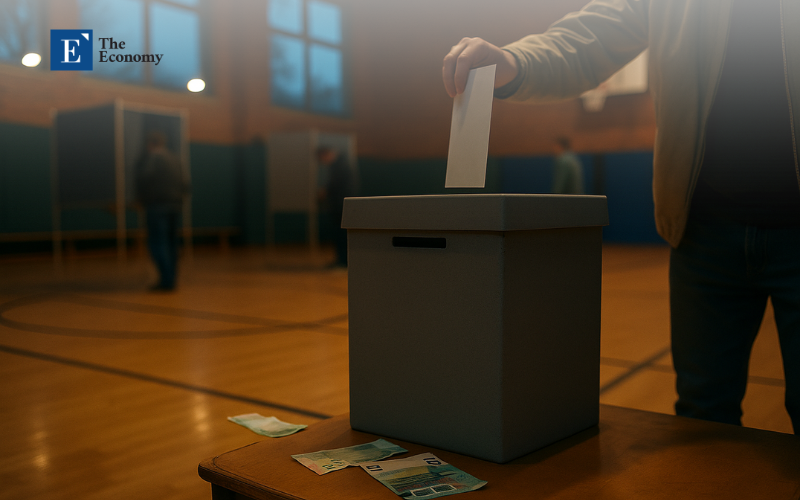
This article is based on ideas originally published by VoxEU – Centre for Economic Policy Research (CEPR) and has been independently rewritten and extended by The Economy editorial team. While inspired by the original analysis, the content presented here reflects a broader interpretation and additional commentary. The views expressed do not necessarily represent those of VoxEU or CEPR.
Read More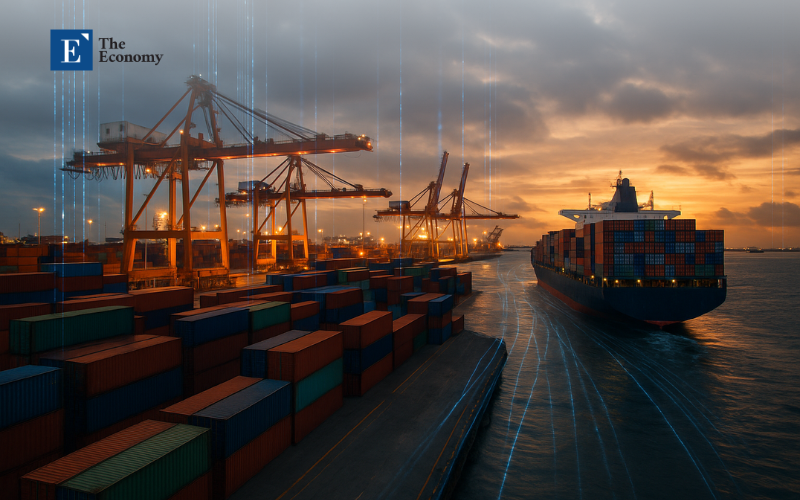
This article was independently developed by The Economy editorial team and draws on original analysis published by East Asia Forum. The content has been substantially rewritten, expanded, and reframed for broader context and relevance. All views expressed are solely those of the author and do not represent the official position of East Asia Forum or its contributors.
Read More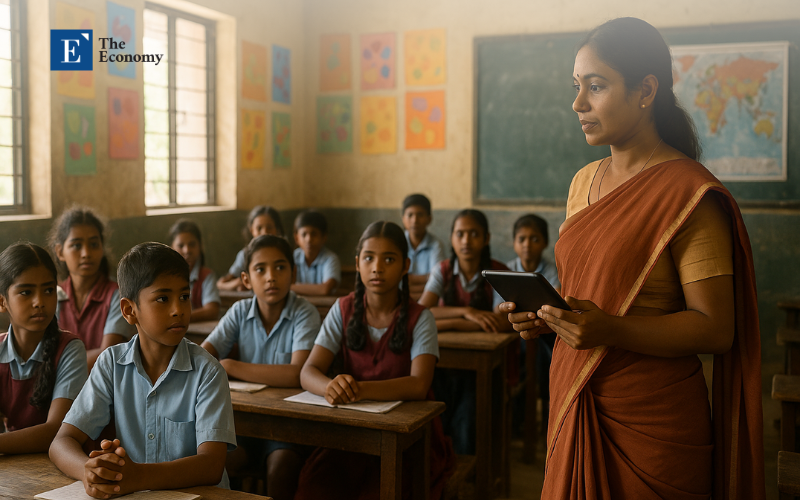
This article was independently developed by The Economy editorial team and draws on original analysis published by East Asia Forum. The content has been substantially rewritten, expanded, and reframed to provide a broader context and greater relevance. All views expressed are solely those of the author and do not represent the official position of East Asia Forum or its contributors.
Read More










